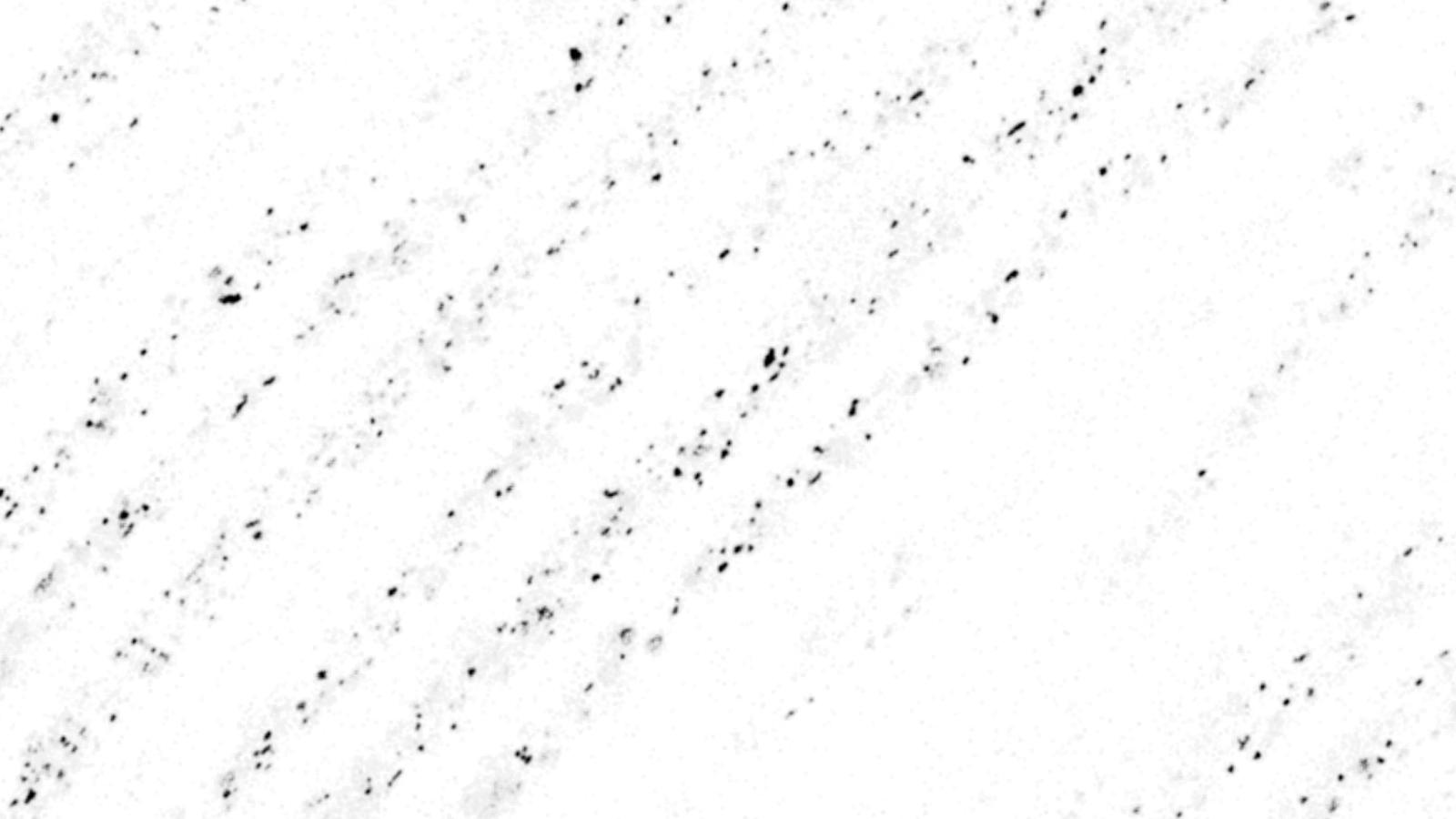In a new study led by Prof Giampetro Schiavo and Dr James Sleigh (UK DRI at UCL), researchers have developed a new treatment strategy to combat an inherited neuromuscular condition known as Charcot-Marie-Tooth disease. The study is published in the journal JCI Insight.
Charcot-Marie-Tooth disease (CMT) is an inherited nervous system disease that affects 1 in about every 2,500 people, making it one of the most common conditions to affect nerves and muscles. People with CMT have mobility issues and difficulties with sensation because two different types of nerve cell known as motor neurons and sensory neurons, malfunction and deteriorate. It is unknown why these nerve cells are affected in CMT, which has made it difficult to develop treatments for the disease.
people are affected by Charcot-Marie Tooth disease
This breakthrough provides a potential therapeutic approach for CMT, for which there is currently a complete lack of drug treatments. In the future, we plan to adapt and improve our strategy to enable the continual and long-term delivery of BDNF to all muscles, with the goal of reducing the impact of CMT on patientsDr James SleighSenior Research Fellow
To better understand CMT, scientists at the UK DRI at UCL have used cutting-edge imaging techniques to study mouse models of the disease. Their work reveals that an essential and continually active process in nerve cells is disrupted in the CMT mice, which is contributing to the disease.
Nerve cells have a long, thin tube-like structure called an axon, which helps to deliver electrical signals over long distances. For nerves to function correctly and survive, they require many substances to be transported up and down axons. In particular, motor and sensory neurons rely on this process to deliver critical survival factors from muscles towards the brain.
The researchers identified a way to improve this important transportation system in CMT mice, which involves boosting the availability of a key protein called BDNF in the disease muscles.
To find out more about Prof Giampetro Schiavo's research, visit his UK DRI profile. To stay up to date on the latest research news and institute updates, sign up to receive our monthly newsletter, ‘Inside Eye on UK DRI’.
Reference: Sleigh, J. et al. Boosting peripheral BDNF rescues impaired in vivo axonal transport in CMT2D mice. JCI Insight. 2023. https://doi.org/10.1172/jci.insight.157191.
Source: UCL Queen Square Institute of Neurology
Article published: 20 March 2023
Banner image: Survival factors being transported in axons of mouse motor and sensory nerve. Credit: Dr James Sleigh.
